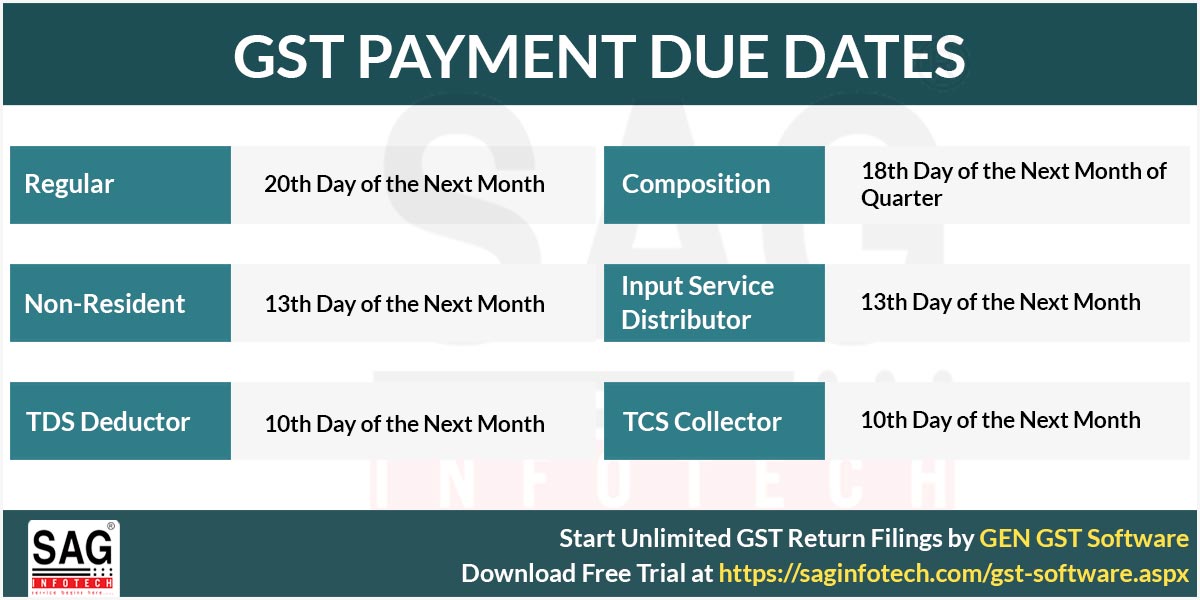
“GST department has held back the export benefit of many companies that have tripartite agreements or three-way contracts.” As per the prevailing law, the export of goods or services does not attract goods and services tax.
It is a bitter truth for the government exchequer that many fintech companies having tripartite agreements, “(mostly captive units of the multinational banks or IT and IT-enabled service companies)” are wearing a mask of export companies to avoid paying GST 
Now the GST department is of the view that the aforesaid companies “don’t really export the services but rather they are mere intermediaries or agents.”
Recalling the concept of Fintech Companies, fintech companies are those financial companies that make use of technology to improve activities in finance. For instance, The use of smartphones for the purpose of mobile banking, investing, borrowing services, cryptocurrency, and so on are examples of those technologies that aim to make financial services more accessible to the general public.
“All tripartite agreements may not fall within the purview of intermediary services and hence it is important to examine whether the services are rendered on own account, said Abhishek A Rastogi, partner at law firm Khaitan & Co.”
Recently, In one of the cases, an Indian unit of a multinational has entered into an agreement with two companies that are based outside India and is partly involved in the “IT implementation project for the client. In the aforesaid case, the tripartite agreement was questioned and the refund was held back.”
“This latest scrutiny of fintech and IT/ITeS companies come after a split decision was taken by the division bench of the Bombay High Court on the issue of refunds.”
The lack of clarity is making it possible for the aforesaid fintech companies to avoid paying GST.